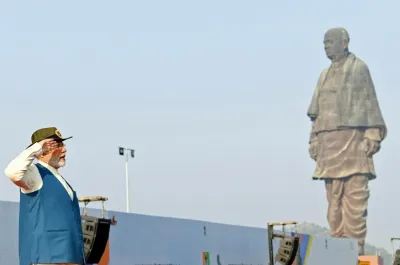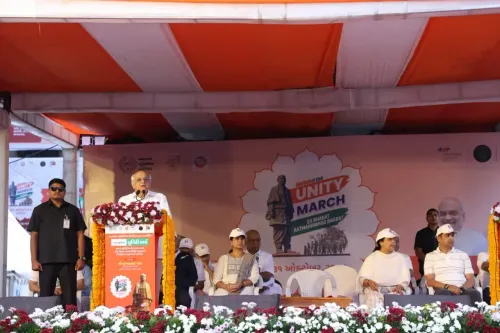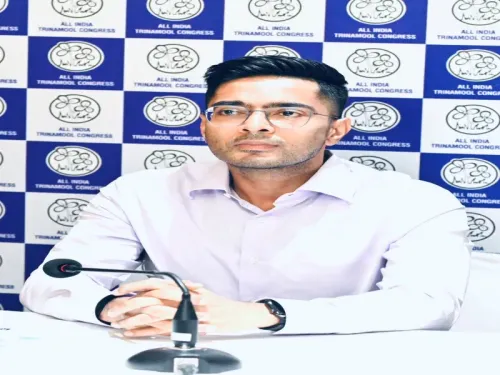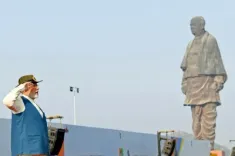Will the SC Address the Challenges to the Online Gaming Act, 2025 on November 4?
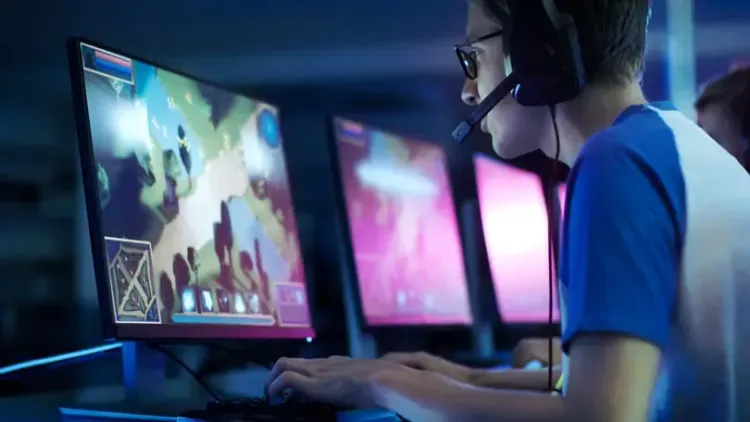
Synopsis
Key Takeaways
- The Supreme Court will hear challenges to the Online Gaming Act on November 4.
- The Act bans online money games while regulating other forms of gaming.
- Penalties for violations include hefty fines and imprisonment.
- Numerous companies have already halted operations due to the Act.
- The government emphasizes societal protection through this legislation.
New Delhi, Oct 30 (NationPress) The Supreme Court announced on Thursday that it will convene on November 4 to deliberate on a collection of petitions that have been transferred from various High Courts, contesting the constitutional legitimacy of the Promotion and Regulation of Online Gaming Act, 2025.
This Act, passed by Parliament earlier this year, bans all types of “online money games” and imposes restrictions on banking, advertising, and other associated services, while also encouraging and regulating social, educational, and esports-related gaming.
The request for an urgent hearing was presented before a Bench comprising Justices J.B. Pardiwala and K.V. Viswanathan by senior advocates C. Aryaman Sundaram and Arvind P. Datar, who represent the petitioners whose cases were previously pending in different High Courts.
Sundaram indicated that the matter had been brought to the attention of the Chief Justice of India (CJI) for prompt listing.
“My instructing Advocate-on-Record had raised this issue before the learned CJI, who remarked that it would be prudent for this Bench to schedule the hearing for November 4 as planned,” he stated.
Responding, Justice Pardiwala affirmed, “Then we will proceed with the hearing.” Previously, on September 8, the Supreme Court had taken over multiple petitions from the Delhi, Karnataka, and Madhya Pradesh High Courts that challenged the constitutional validity of the Online Gaming Act.
The Union government had requested this transfer to prevent multiple legal proceedings in different courts.
“The cases from the Karnataka, Delhi, and Madhya Pradesh High Courts have been transferred to this Court. The respective High Courts are instructed to send all records along with any interlocutory applications filed within a week,” the apex court had directed, mandating that the matter be scheduled before the Court once all records are obtained.
Numerous online gaming firms, such as Dream11, Pokerbazi, and Rummy Circle, have already halted their real-money games following the enactment of the new legislation.
The Act imposes strict penalties for offering or promoting such games, with fines reaching up to Rs 1 crore and potential imprisonment of up to three years.
During the Monsoon Session, Union Electronics and IT Minister Ashwini Vaishnaw introduced the Bill, which was approved by the Lok Sabha in just seven minutes and passed by the Rajya Sabha in a mere 26 minutes. Prime Minister Narendra Modi asserted that this legislation would safeguard society from the negative effects of online money games.

